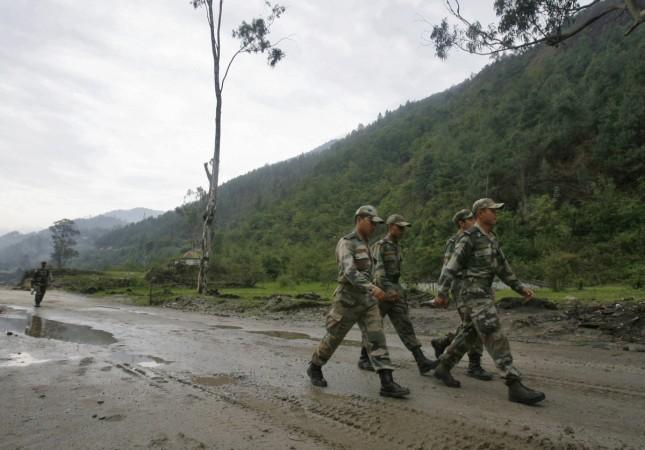
Hundreds of supporters of late Kalikho Pul, former chief minister of Arunachal Pradesh, protested in the state's capital Itanagar alleging foul play after news of his death broke.
The house of deputy chief minister Chowna Mein was damaged in the process with some protestors pelting stones at his residence.
The protestors took to the streets, burnt an empty coffin on the street, and demanded a Central Bureau of Investigation (CBI) inquiry into Pul's death. Security forces had to be deployed in the capital to stop the situation from going out of control.
Pul was found hanging from a ceiling fan at the official residence of the chief minister of Arunachal Pradesh, which he had not vacated until then.
"The body was found hanging around 9 am by a servant. He may have committed suicide on Monday night itself," DGP Arunachal Pradesh S Nithianandam told Hindustan Times.
There was no suicide note found, but he left a diary which the police is examining.
The Arunachal Pradesh cabinet on Tuesday decided to extend full status of a State funeral and mourning for three days for Pul.
Pul's humble beginnnings
Kalikho Pul belonged to the remote Walla Village, Anjaw district, which borders China. He belonged to the Kaman Mishmi tribe. He started his career as a carpenter, then worked as a guard. His political career took off when he was elected as an MLA from Hayuliang constituency in 1995 at the age of 26. He was the longest serving Finance Minister of Arunachal Pradesh.
Since 1995, he served five terms and held various portfolios like Power, Finance, Land Management in the once conflict-ridden state.
Between 1995 to 1997, he was the deputy minister for finance, the next two years he was minister of state for power, and from 1999 to 2002 he was MoS for finance, the following year he was MoS for land management. He was also the minister for finance from 2003 to 2005. Following his stint in the Cabinet he was chairman of a high-powered committee and at the same time was adviser to the chief minister for almost a year.
The next three years, 2006 to 2009 he served as minister for finance, followed by minister for rural works (2009-11), and then health.
In 2016 February, he became the chief minister for almost five months. The state had been in political crisis since December 2015, which finally was resolved in July 2016 with Pema Khandu taking up the chief ministerial position.












